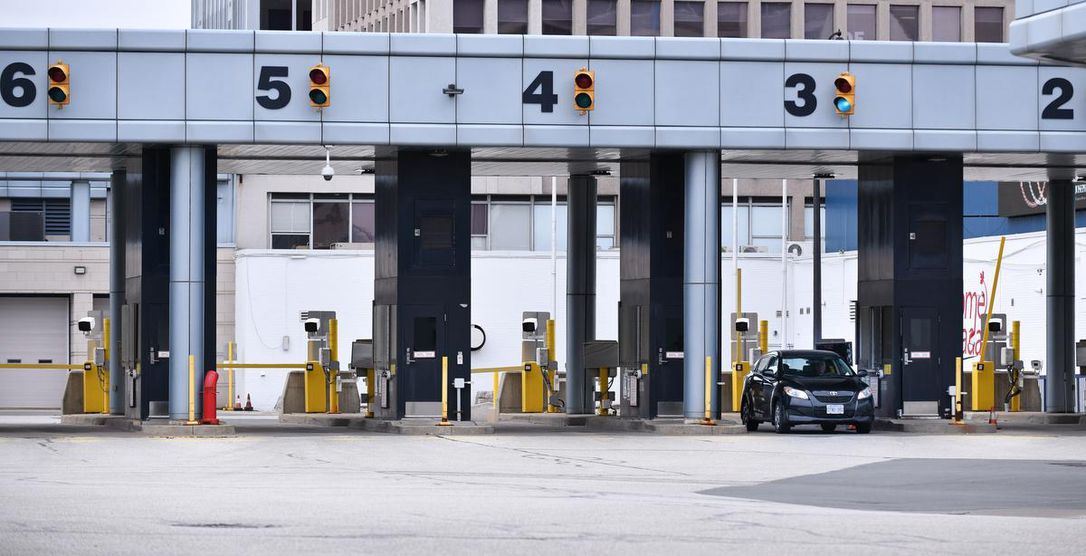March 4, 2021, Toronto Star – It’s time to talk about vaccine passports, for the economy’s sake, business groups say

As the European Commission looks into the possibility of a digital pass as proof of COVID-19 vaccinations or negative tests, Canadian business groups say Canada needs to start talking about so-called “vaccine passports” — and whether or not we’ll accept them at our borders or issue our own.
Perrin Beatty, president and CEO of the Canadian Chamber of Commerce, said vaccine certificates of some kind are going to be a travel requirement in some jurisdictions around the world.
“Canadians and Canadian business are going to have to deal with that reality,” he said.
The idea of a “vaccine passport” — a broad term for official documentation showing a person has been vaccinated — has been floated since the early days of the pandemic.
But there are numerous challenges to consider, ethical, technical and otherwise, said Beatty.
Many are concerned about discrimination against those who can’t or won’t get the COVID-19 vaccine. Poorer countries will be much slower to receive the vaccine, and requiring proof of vaccination from residents of those countries for travel could further widen the gap between those countries and others.
There’s also the issue of security, especially if such “passports” are digital.
Israel was the first to roll out a vaccine passport; England is looking into the possibility; several European countries are considering them, too. In February, Denmark announced it was developing a digital passport.
On March 1, Ursula von der Leyen, president of the European Commission, tweeted that the proposed “Digital Green Pass” would help European citizens safely move around the European Union or abroad. However, the pass wouldn’t be just for those who are vaccinated; it could also hold proof of a negative COVID-19 test for those who haven’t received the vaccine.
One obvious question is whether “vaccine passports” should be mandatory for certain activities, such as travelling, Beatty said. The answer to that question is not a simple one but needs to be addressed.
“We should have a discussion … now, rather than waiting until the rest of the world develops their systems,” he said.
After all, not everyone is able or willing to get vaccinated, said Beatty, and there need to be provisions so that we aren’t creating “two standards of citizenship.”
In an emailed statement, Health Canada and Public Health Agency of Canada spokesperson Maryse Durette acknowledged that governments and other international bodies “are exploring the possible use of vaccination certificates as one tool to support the reopening of societies and economies,” but said any similar effort in Canada would require “reliable scientific evidence.”
For example, it is yet unknown whether or not vaccinated people can still spread the virus and therefore pose a public health risk, Duerette said.
“As knowledge of COVID-19 evolves, alternative border approaches, such as those implemented by other jurisdictions, will be considered,” she said. “However, entry prohibitions, coupled with mandatory isolation and quarantine, continue to be the most effective means of limiting the introduction of new cases of COVID-19 into Canada.
“The Government of Canada continues to look at all options available that would allow a traveller arriving in Canada to demonstrate that they are a low risk to public health, either through negative COVID-19 test results or proof of vaccination.”
Mike McNaney, president and CEO of the National Airlines Council of Canada, said the council is pushing the government for a comprehensive airline strategy that includes vaccine certification as one way to ensure safe travel, alongside rapid testing and quarantining.

